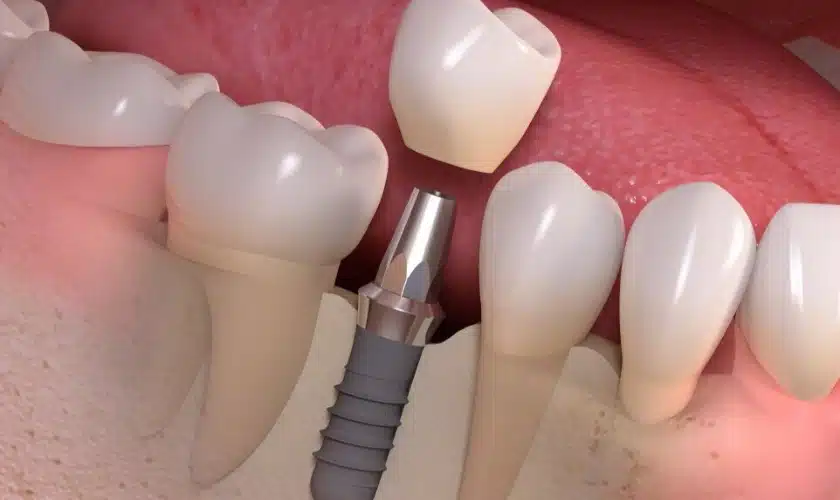 A general dentist is frequently called upon to diagnose and treat dental abscesses. Failure to get treatment for this infection can have serious health consequences.
A general dentist is frequently called upon to diagnose and treat dental abscesses. Failure to get treatment for this infection can have serious health consequences.
When to seek treatment for an abscess
A tooth is said to be abscessed when a pocket of pus forms due to a bacterial infection. Patients who exhibit symptoms of an abscess should see a dental professional.
Abscess symptoms
People experiencing swelling of the face and fever or difficulty breathing or swallowing should seek immediate medical treatment at general dentist's office or emergency room. If these symptoms are not present but other symptoms are, the patient should schedule an appointment with a dentist:
- Toothache with severe, lasting, and throbbing pain that may radiate to the neck, ear, or jawbone
- The abrupt occurrence of foul-smelling and -tasting salty fluid in the mouth that may be accompanied by pain relief
- Sensitivity to heat and cold
- Lymph nodes under the jaw or in the neck becoming tender and swollen
- Painful chewing or biting
Potential consequences of not receiving treatment for a dental abscess
Tooth abscesses will not resolve without treatment. The pain may be temporarily relieved if the abscess ruptures, but treatment is still necessary to avoid potential reoccurrence or spread of the infection. It is possible for the infection that causes an abscess to spread throughout the body, causing sepsis, which can be a life-threatening condition. The risk of sepsis is higher for people with weakened or suppressed immune systems.
How to avoid a dental abscess
Abscesses are caused by bacteria growth in the pulp of the teeth. When a tooth has a cavity, chip, or crack, bacteria can enter the inside of the tooth, where the nerves, blood vessels, and connective tissue is found. People who eat a diet high in sugar, experience frequent dry mouth, or have poor dental hygiene habits are at higher risk for dental abscesses.
Regular dental care
The key to preventing a dental abscess is to lower the risk of tooth decay. One of the most effective means of accomplishing this is to visit a general dentist regularly for exams and cleanings.
Fluoride products
Regular use of fluoride products can be beneficial. Potential options include drinking fluoridated water, using a fluoride mouth rinse, and brushing with a fluoride toothpaste.
Good oral hygiene
Dentists recommend brushing the teeth twice a day, replacing the toothbrush every three to four months, and flossing daily. Dentists often make oral hygiene recommendations as part of regular dental exams.
Diet modification
Dietary changes can be helpful for some people. It is recommended to eat a healthy diet that is low in sugar and to eat fewer snacks between meals.
Conclusion
Taking steps to prevent tooth decay can help many people avoid the potential complications of a dental abscess. However, because an untreated abscess can pose serious health risks, anyone who has associated symptoms should seek prompt treatment from a general dentist or medical professional.
Request an appointment or call Canton-Plymouth Family Dentistry at 734-981-8040 for an appointment in our Canton office.
Recent Posts
Regular dental cleanings are an essential part of maintaining good oral health, but when it comes to fluoride treatments, some patients may question their necessity. However, fluoride cleanings offer significant benefits that contribute to overall oral health and cavity prevention. In this blog post, we'll explore why you shouldn't skip your regular fluoride cleanings and…
A general dentist is responsible for providing routine oral care to patients of all ages. Routine oral care typically involves cleanings, examinations, fluoride application, and x-rays. X-rays are typically the easiest part of routine oral care, however, they can often get skipped or overlooked. Keep reading to find out why a general dentist recommends getting…
Patients may be alarmed if a general dentist mentions that a tooth extraction may be needed during a routine appointment. A dentist’s primary goal is to preserve the teeth, but there some cases where a tooth cannot be saved using normal procedures. Understanding what situations can result in tooth removal and knowing the options available…


